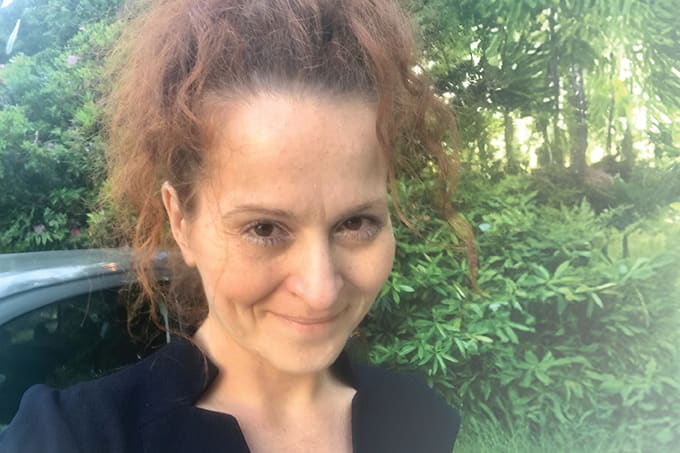What is Revvity’s purpose?
Our purpose is to expand the boundaries of human potential through science. We achieve this bold mission by being a visionary partner that develops technologies and solutions across disease pathways to help solve the world’s greatest health challenges.

Please explain Revvity’s origin?
The name “Revvity” represents our continued commitment to revolutionizing next generation breakthroughs. Revvity is the result of a change in our corporate strategy to become a much more streamlined and focused company in life sciences and diagnostics. This focus – when combined with our collaborative R&D efforts across the company – allows for rapid and increased innovation. We have a collection of highly innovative technology platforms that can be deployed in research and regulated diagnostics.
How does Revvity aim to combat the many challenges facing public health?
Diagnostics and therapeutics need to work together to improve human health. We are focused on supporting scientists and clinicians with solutions that help detect disease and predisposition to disease as early as possible. Genomics and multiomics have become more established in pharmaceutical and academic research – and we are committed to providing specific, high value tools that can bring this new science to life. Further, our close connections with different public health entities allow us to rapidly address new public health threats and form cross functional teams to develop diagnostic solutions.
What are the main trends in clinical technology?
In oncology, for instance, liquid biopsy remains an important technology for detecting cancer types. In infectious diseases, syndromic testing is important because many infectious agents result in overlapping symptoms that often complicate diagnosis. Syndromic testing circumvents complications by testing for a broader array of pathogens associated with different symptoms. From a technological perspective, next generation sequencing (NGS) has become mainstream. There is a great deal of discussion around NGS panels to look at specific genes or a particular number of genes.
How does Revvity plan to improve access to testing in resource-limited settings?
We should expect newborn screening (NBS) programs around the world to not only become more accessible and comprehensive, but also more accurate in diagnosing babies with rare diseases and inherited disorders. For instance, in Sub Saharan Africa, Ghana Health Services now recognize NBS as a health priority. Today, only 4 percent of newborns are screened for sickle cell disease. But there is a global goal to increase this number to 50 percent by 2030. These bold commitments drive our continued expansion and demonstrate how we impact these resource limited settings. Right now, NGS is a second-tier test, but Revvity is trying to apply NGS panels and whole genome sequencing more efficiently to detect rare diseases.

How do you aim to tackle lab efficiency?
A key issue in today’s laboratories is personnel shortage. Fortunately, automation has helped combat this challenge. We now have smart, scalable, and reliable automated solutions on the market that enable labs to free up personnel for more sophisticated work and allow the non-expert to operate these instruments. These solutions improve accuracy and throughput, allowing physicians to make time-sensitive clinical decisions.
Could you provide some example workflows?
One great example is the BioQule™ NGS System – our fully automated NGS library preparation instrument. BioQule is designed to eliminate the challenges associated with genomic analysis by providing labs with complete, single source solutions. And, with a push of a button, it delivers libraries ready to load into your sequencer.
Another example: While supporting Egypt’s presidential initiatives for health, we developed a new workflow that improves beta thalassemia screening methods and deployed it within four months at the CDC laboratory in Cairo. This equipment is capable of processing 5000 samples a day.
Also, with assay development in the drug discovery process being very time intensive, we have developed an assay development workstation based on our proprietary no wash immunoassay platforms that acts as a single solution for protein-protein interaction (PPI) assay development. This fully integrated solution requires zero programming and removes some risks associated with manual steps.




